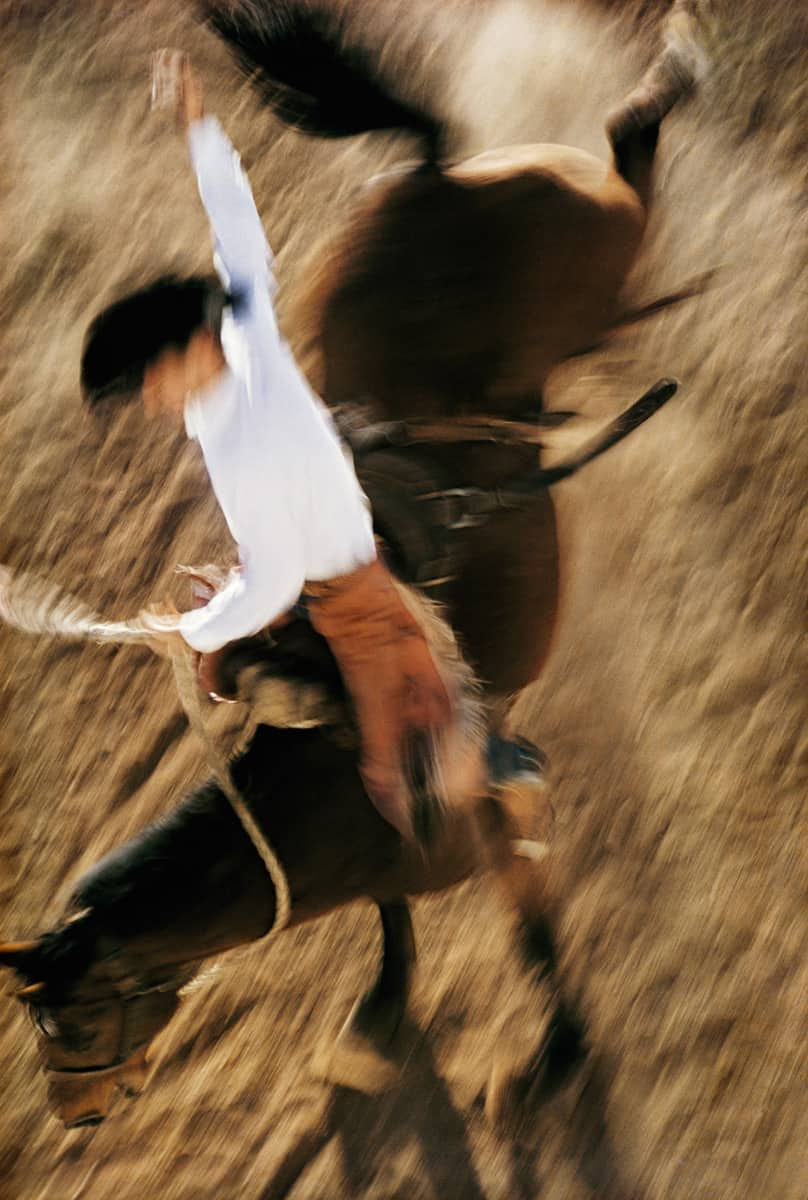How to dress for court
- Patrick Horan

- Feb 22, 2024
- 4 min read
Updated: Mar 3, 2024
What kind of impression do you want to make?

IN HIS BOOK Blink, the Power of Thinking Without Thinking, Malcolm Gladwell discusses how humans size up other human beings.
We do this not in seconds, but fractions of a second.
Our brains are bombarded with millions of stimuli every moment. But we’re only capable of focusing on about 40-50 at a time (Forbes). If we had to examine each one, we’d collapse from exhaustion.
Casual wear seems to be fashionable
Nothing wrong with dressing like this
but it sends a message.
Your job is to send a different message.
So, our brains have evolved over thousands of years to devise mental ‘shortcuts’. These shortcuts allow us to rapidly filter massive quantities of information for important data and reach immediate conclusions.
The brain does all this inside two seconds. “Blink’ says Gladwell, ‘is a book about those first two seconds”.
Whether you like it or not judges do judge you. For that matter so do other people. You judge other people too.
Have you ever been to court? Maybe not. Have you ever driven past a courthouse? Next time take a look at the kinds of people that hang around and then look at what they’re wearing.
There is usually a pattern.
If you do drive past a courthouse you'll likely see lots of tracksuits with obligatory runners.
Jeans are also popular, so are t-shirts.
Casual wear seems to be fashionable.
This shocks many people who have never been to court in their lives.
Nothing wrong with dressing like this but it sends a message.
Your job is to send a different message.
I tell every one of my clients to dress as formally as possible when they come to court.
This starts on the first appearance in court.
There's a good reason for that. Remember that old expression ‘first impressions last’?
Well, it’s true.
Our first impressions are hard to dislodge. Even if we are presented with later evidence that tends to show someone we admire in a negative light, we will often excuse that evidence or ignore it altogether.
Behavioural psychologists think we do this in order to remain ‘consistent’ i.e. once we have formed a view about someone, we like to stick with it.
Politicians know this too. People who like a politician will still like them even if evidence later shows them in a very negative light.
Bill Clinton and Donald Trump are good examples.
What is the best dress code for court?
You should dress as if you were going for a job interview.
I have known judges who send people home who appear before them in shorts and t-shirt.
Quite right too.
If you were going for a job interview, would you turn up in jeans and a t-shirt?
Court is no different.
Dressing formally (for men, suit, shirt and tie) sends two distinct messages:
· Your showing respect to the judge, and
· You’re showing that you take the court process seriously.
Did you ever see a judge dress shabbily?
They take their job very seriously.
They expect no less from you.
This doesn’t mean that you’ll be treated worse for not dressing formally.
Far from it. It’s the nature of the criminal justice system that a lot of the people who come before the courts are unemployed or are homeless.
They are not treated differently because of that.

But dressing in a suit isn’t a guarantee of respectability either.
In fact, a judge once told me that an extremely well-dressed man had once appeared before him in court. He was wearing a three-piece pinstripe suit, hair neatly combed, shoes shining.
The judge told me he was shocked to discover that this man had been charged with aggravated burglary.
He had broken into the home of an elderly lady.
Unconsciously he had made a judgement about this man based on his first impression. That impression was dismissed seconds later when he realised what he was charged with.
But there had been a first impression.
The vast majority of people do not appear in court for serious criminal offences like this.
And judges have wide discretion on how to deal with many cases that come before them.
Not all, but many.
Remember that old expression ‘first impressions last’?
Well, it’s true.
IN HIS BOOK Irrationality psychologist Stuart Sutherland explores the many ways that humans are prone to numerous self-deceiving and irrational behaviours.
For instance, we place great value in our ability to quickly size something up. Being a good judge of character is a highly valued trait, writes Sutherland, “so valued that it leads to irrational behaviour”.
“One of the most prized human faculties is intuition. Many people find it more hurtful to be accused of having poor intuition than of being slovenly, lazy or selfish. As Rochefoucauld said, ‘everyone complains about the badness of his memory, nobody about his judgement”.
Imagine the person sitting on the bench is your interview panel.
What kind of impression do you want to make?



Comments